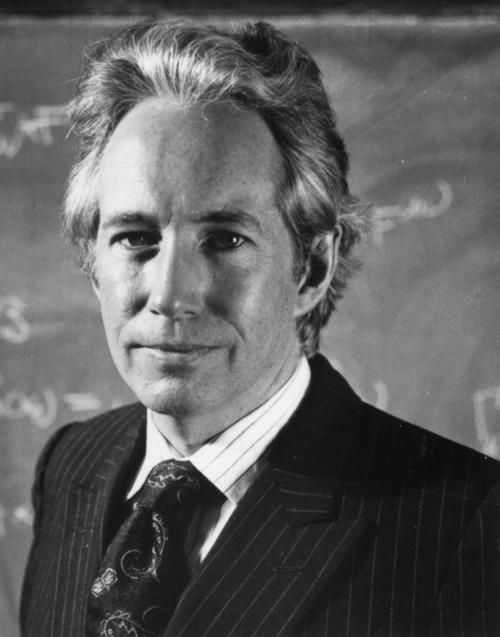

Public Lecture
Mapping the Light, Revealing the Dark: New Explorations with Old Telescopes
Arjun Dey
NOIRLab
Wed, Jun 28, 5:30–6:30pm
It is often said that our understanding of science grows in leaps and bounds with technological advances. However, over the last few decades, it is the realization of our ignorance of the universe we live in that has grown in leaps and bounds, and we are aware of this with increasing scientific precision! Most of the energy content in the universe is invisible and remains mysterious to us, making its presence known only through the otherwise inexplicable behavior of the universe’s visible contents. In fact, it is only by mapping the evolving distribution of light in the universe that we can “see” the dark components. Arjun Dey will describe our current exciting state of ignorance and explain why this poses a wonderful opportunity for science. He will also describe a new exploration, now being carried out on a venerable telescope equipped with a spectacular new instrument, that seeks to shed light on these mysteries.

About Arjun Dey
Arjun Dey began exploring the universe at 15 years of age as an amateur astronomer and telescope builder. He received his PhD from UC Berkeley and is now an astronomer at NOIRLab, the US national center for ground-based optical and infrared astronomy. A recipient of Fellowships from the Radcliffe Institute and Guggenheim Foundation, Arjun's research focuses on how galaxies form and evolve, and what they reveal about the invisible contents of the universe: dark matter and dark energy. He is a key member of the Dark Energy Spectroscopic Instrument survey project, which aims to measure the expansion history of the universe, explore the nature of dark energy, investigate the evolution of galaxies, and study the structure and fossil history of the Milky Way.
Heinz R. Pagels Public Lecture Series
Heinz R Pagels was a professor of physics at Rockefeller University, president of the New York Academy of Science, a trustee of the Aspen Institute, and a member of the Aspen Center for Physics for twenty years, serving as a participant, officer, and trustee. He was also President of the International League for Human Rights. His work on chaos theory inspired the character of Ian Malcolm in the Jurassic Park book and movies. A part-time local resident, Professor Pagels died here in a mountaineering accident in 1988. His family and friends instituted the lecture series in his honor because he devoted a substantial part of his life to effective public dissemination of scientific knowledge.
